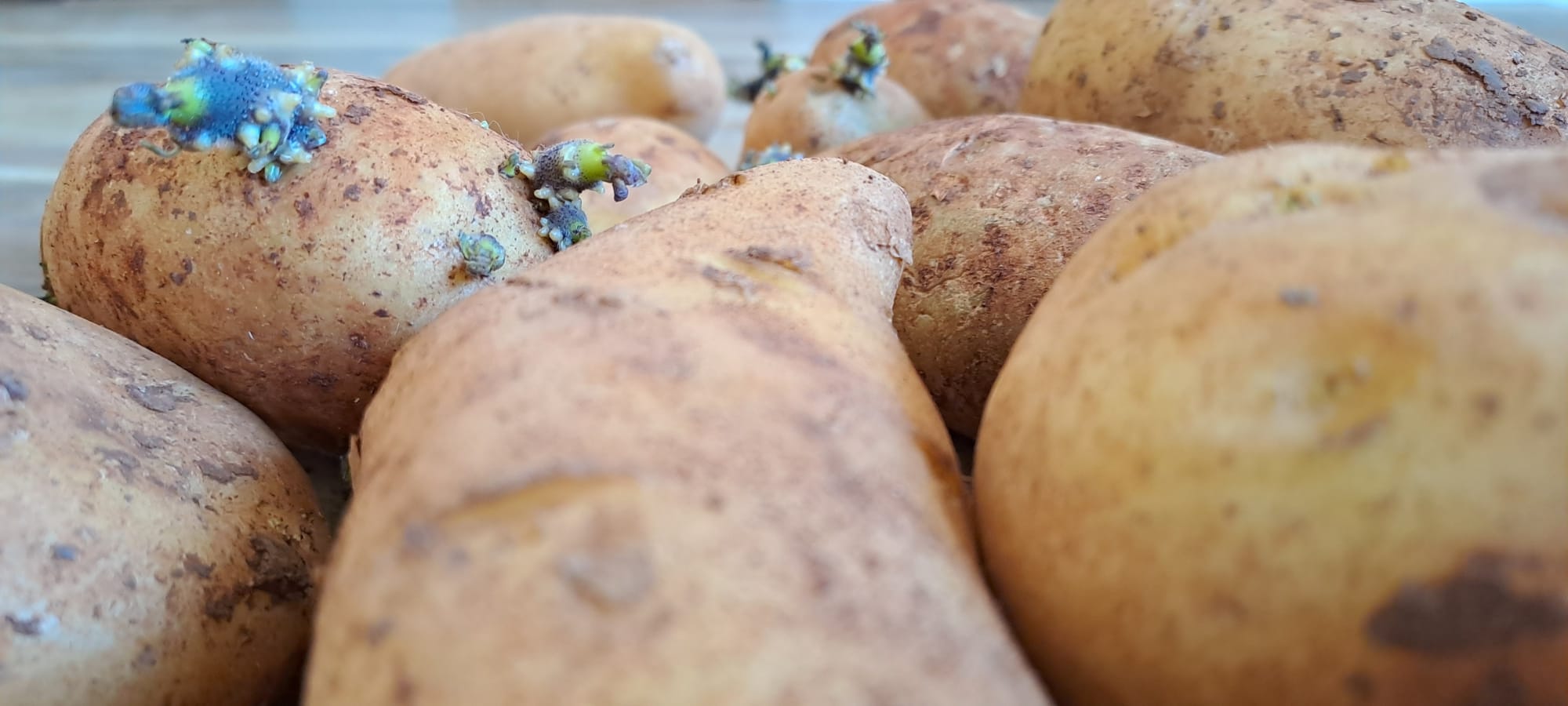With the launch of RESET – a new effort to cultivate a transdisciplinary research environment at the University of Helsinki – Dr Kristina Lyons was invited as an international speaker. She led a practical workshop and delivered a keynote on multispecies justice as well as participating in a public discussion on global challenges and a follow-up walk-and-talk with colleagues from across disciplines. This is write-up of this encounter focussing on the initial workshop by Dr Avi Betz-Heinemann.
Kristina came to us from Colombia. Over a period of three days, we were introduced to different threads of her work and her approach to transdisciplinarity. By transdisciplinary I mean action-research (a) that is led by academics and non-academics (b) that does not pretend to be separate from the context it is intervening in, and (c) combines elements of natural and social sciences.
On the first day Kristina led a specialist masterclass in bettering conflict. Organised by Jenni Viitala the masterclass involved an intimate and emotional journey into Kristina’s work in Southern Colombia, Putumayo. Specifically with various beings living and working along the banks of the river Mandur. Using the humour and empathy inherent to employing attendees in a role play of these river inhabitants, Kristina took us on a detailed, harrowing, and brave journey along the river Mandur. A river feeding the Caquetá River which is an affluent of the Amazonas River.
Starting with the classically baroque literature of Haraway and Stengers, Kristina breathed life into these authors theories as we moved into thick description of the diverse human and nonhuman characters and interests. Those inhabiting, visiting, shaping, and embedded in and beyond the river’s banks. As one of the attendees I had the fortune to feel into and learn specifically about the interests of cattle ranchers. In inhabiting the role, I encountered questions, feelings, and intricate complexities of what it might have been like in some sense to live and care for cattle amidst the lush tropical rainforest of the Colombian Amazon as I sought to clear it for my cows to graze. Somehow the inappropriate spirit of John Wayne possessed me.
Through the process of storytelling, we were reminded that whilst this was an educational role play of sorts for us it also brought up deeply emotional memories for Kristina who had been a collaborative partner and protagonist in the events we were exploring. This gave rise to a visceral and living intimacy, respect and responsibility felt for place and peoples as Kristina’s lived experience washed over attendees. Thick and fast with empirical descriptions the story flooded the room.
Riverbeds in me that too often lie dormant, hungry for kindred flow, felt this body of water replenishing, tracing and hugging grooves from my own lived experience. Finding resistance available for erosion as well calm waters available for deposits. This empirical description exemplified the question that scholars like Kristina have been urging for some time: if you intend to do research in a place, can you have a meaningful and empirical grasp of a situation and its situatedness if you don’t have skin in the game?
I too rarely encounter the combination of a comprehensive empirical knowledge with a full-bodied attunement to participation in a situation. Not all research aught to be this, but I think its rarer than the world wants for, and it really helped me think about the balance between being open and closed in fieldwork, and how I might better common (verb) ‘skin in the game’. By contrast to maintaining a binary between being closed off whilst extracting data versus being so open as to lose oneself, authorship and thus responsibility in a situation. Furthermore, Kristina was adamant on the situatedness and particularity of context, regularly resisting possible urges to abstract our learning about Mandur river, as if one might copy and reuse it as a template.
However, I could also feel the socio-ecological contours of this situation rendered so affectively in and by Kristina. So much so that even though we were in a room in Suomi surrounded by busts and paintings of local ancestors, I could feel the Mandur river reaching out and affecting, effecting, infecting our Suomi situation. In attendance were some seasoned role-players, including my role play teacher Dr Stefan Millar, who recognised the delicacy of this story and in later discussion unpacked for me how they might combine this sensitivity with their own experience of employing role play in academic situations.
In summary, the workshop involved a panoply of learnings with an overall assertion that with skin in the game you learn that the end is never the end, borrowing from Martin Savransky ‘looking for the after to every ending’. As Kristina put it “buscando el después de cada final”. Facing conflict is not about visiting violent machinations or top-down peace processes on peoples and other beings, nor is it about withdrawing to the faux-objective sidelines or being romantically recruited to the native context. Rather Kristina demonstrated a way of leaning into complexity of intersecting waterways, events, encounters, and beings. Listening and helping listening proliferate, through new methodologies built on available and sustainable technologies, making visible that which hides in the light by pointing to the dark.

